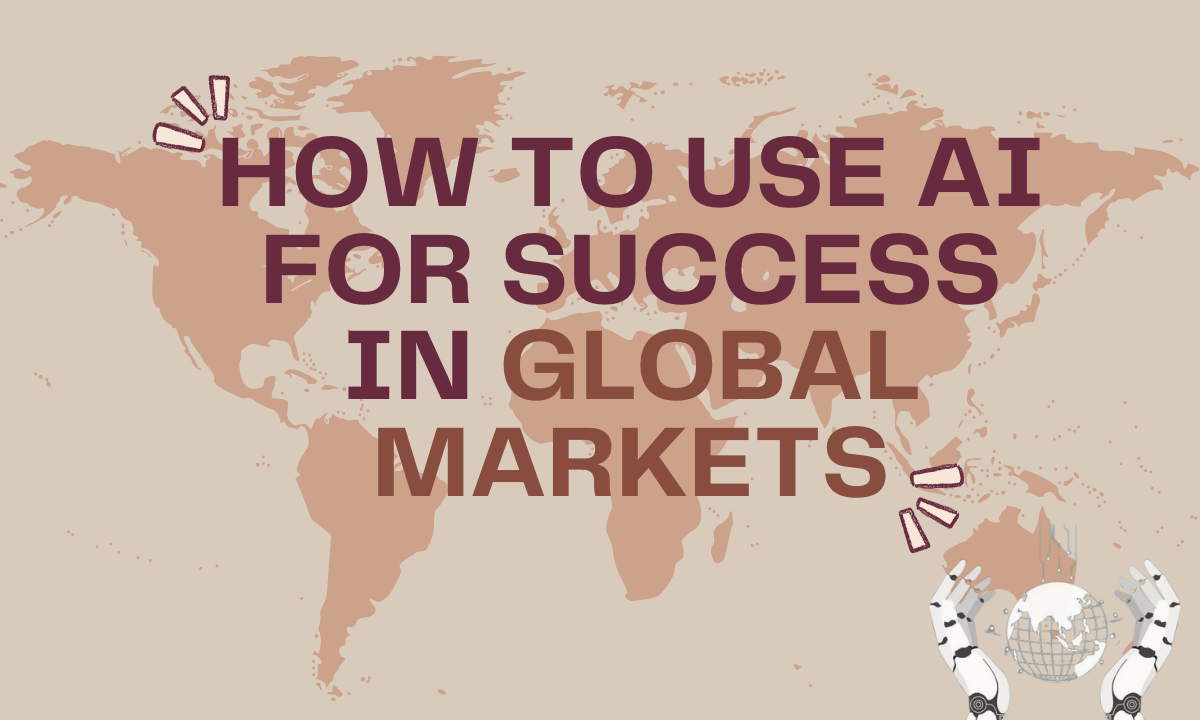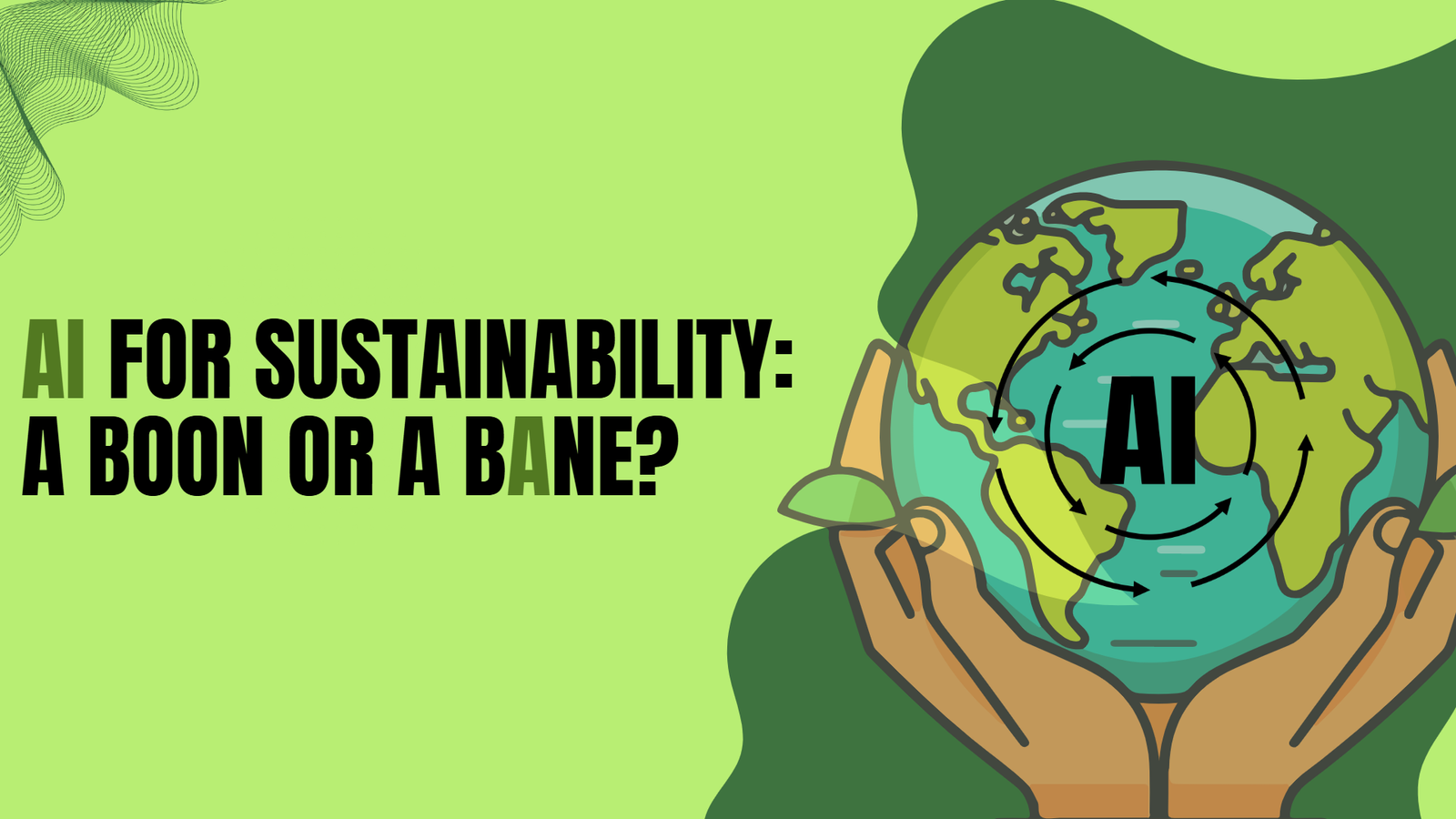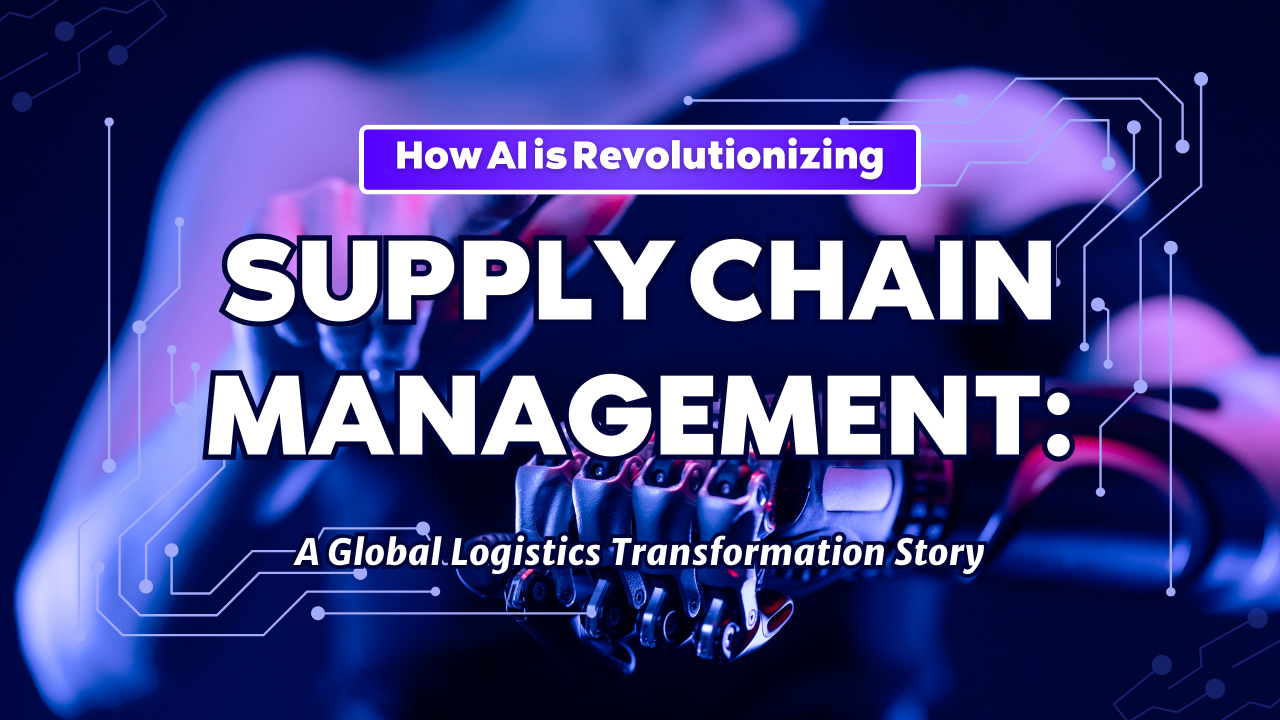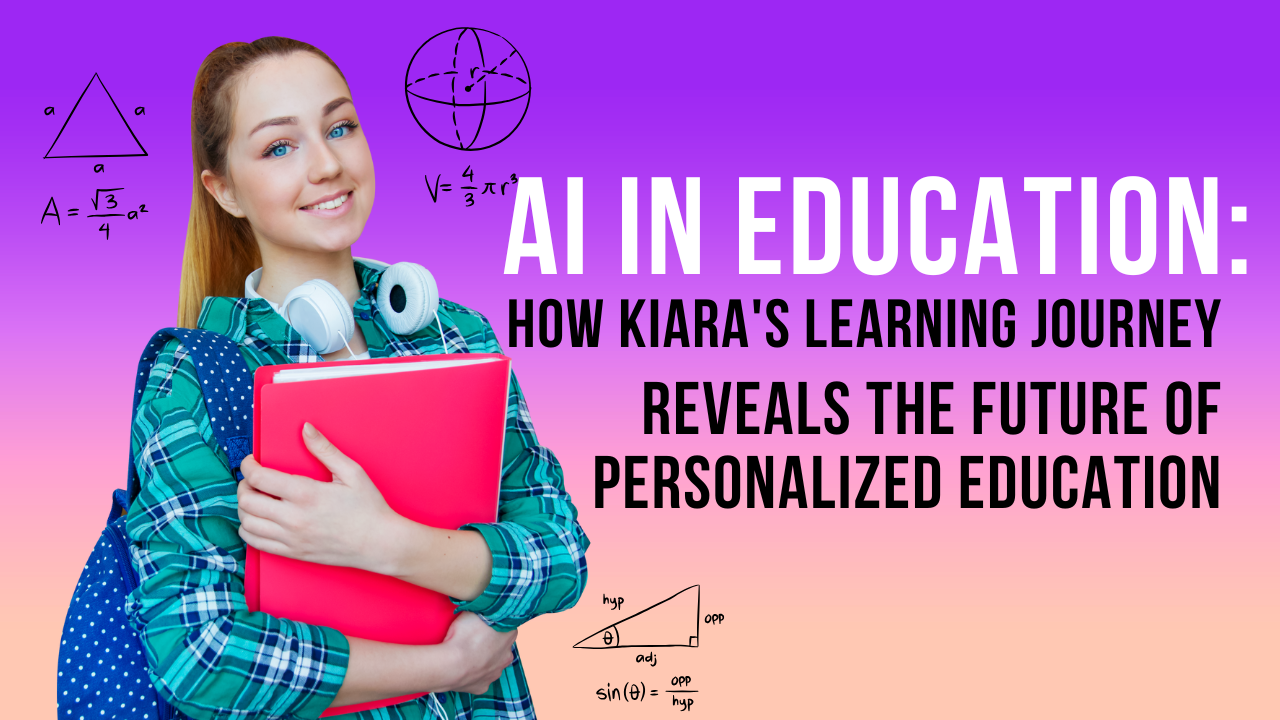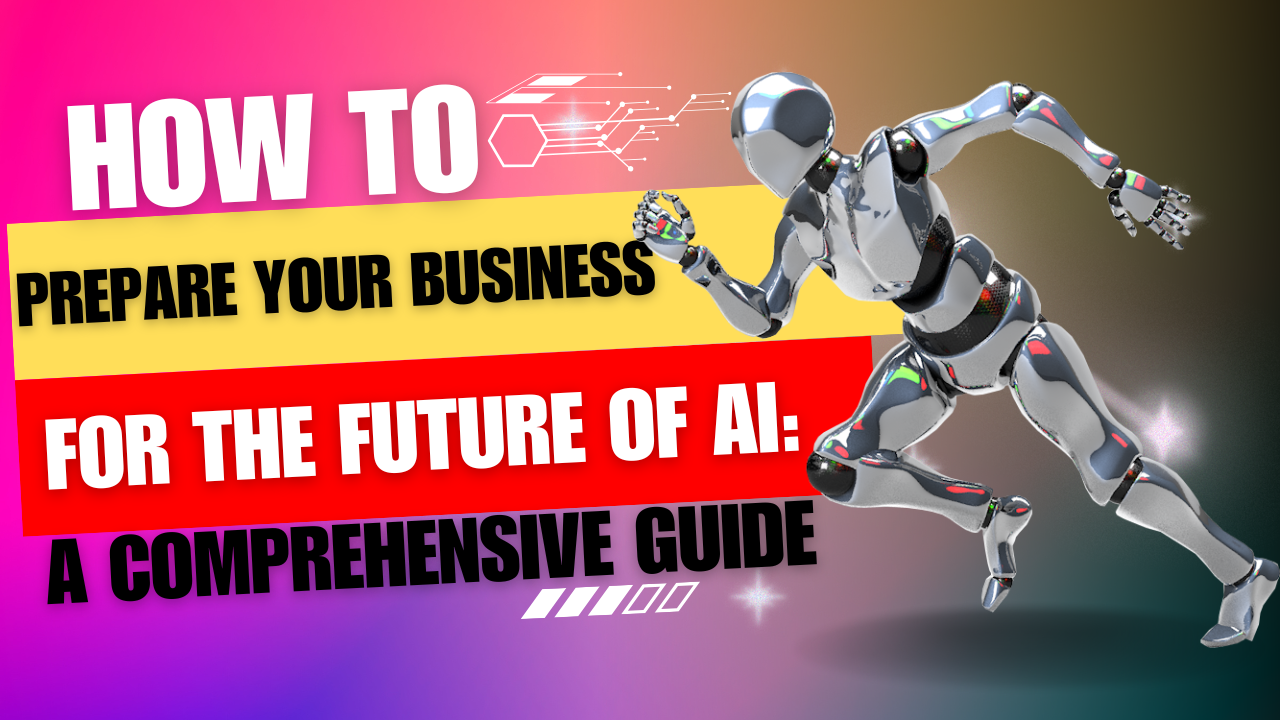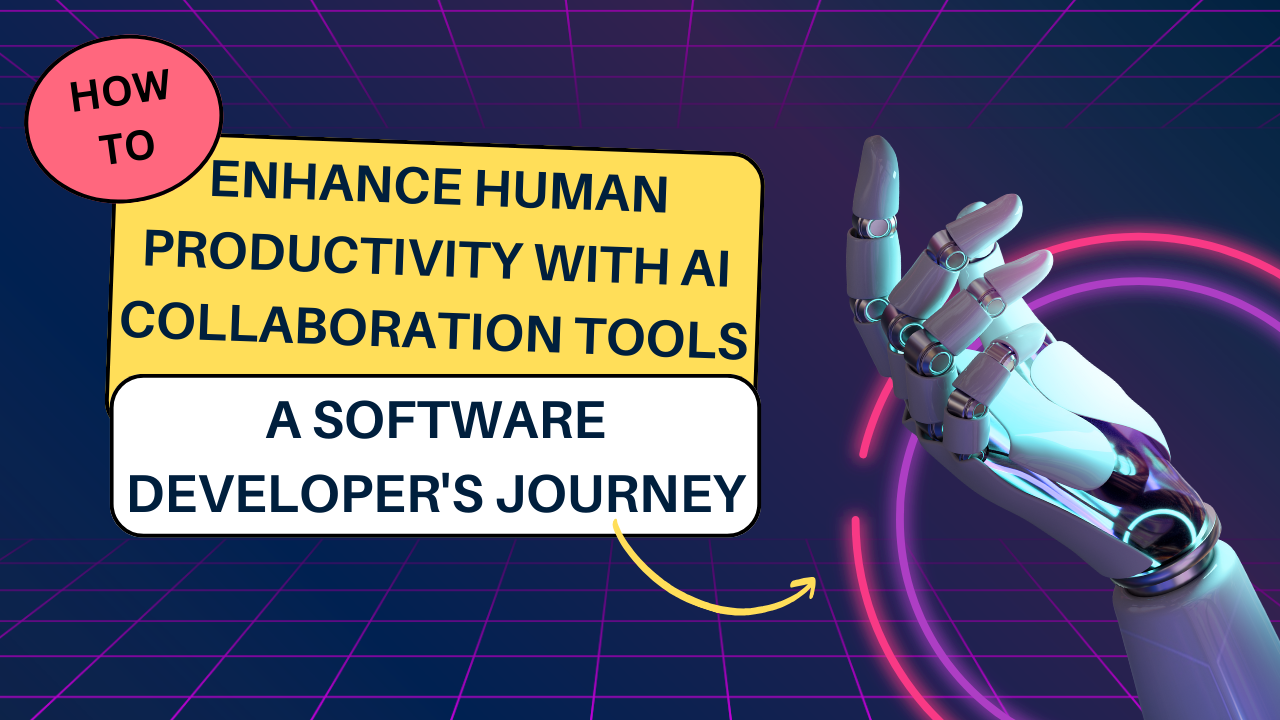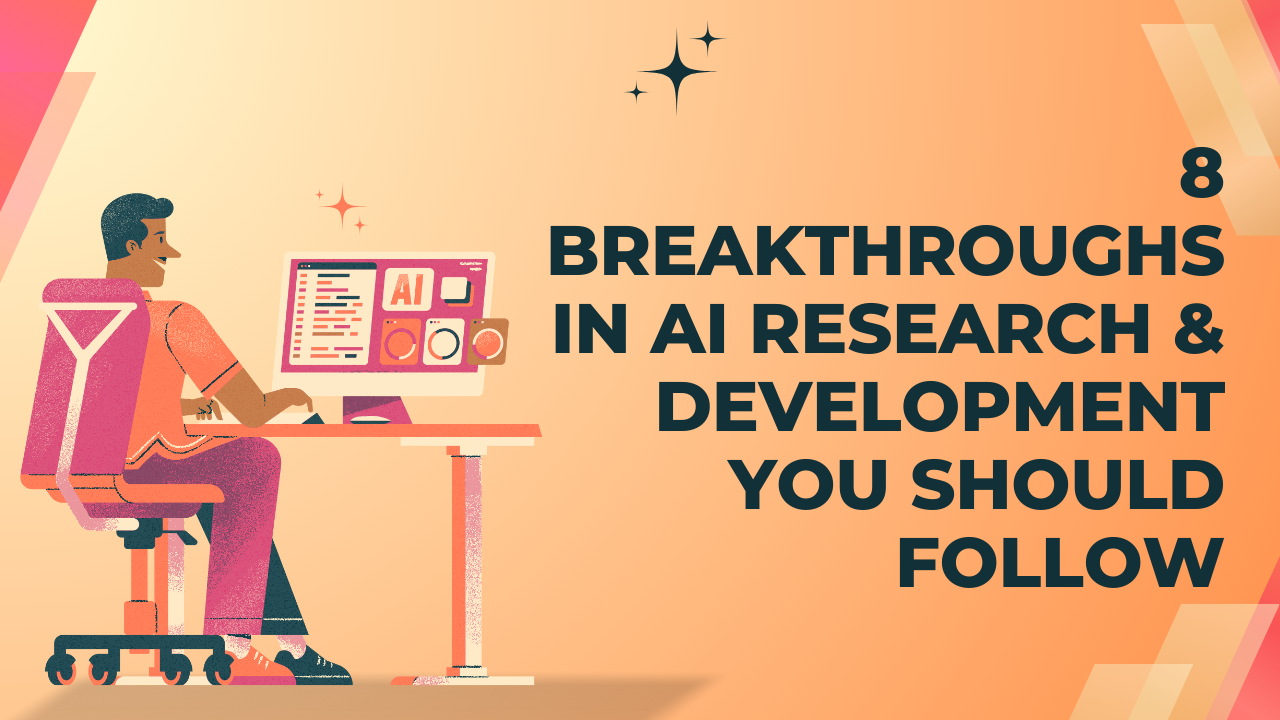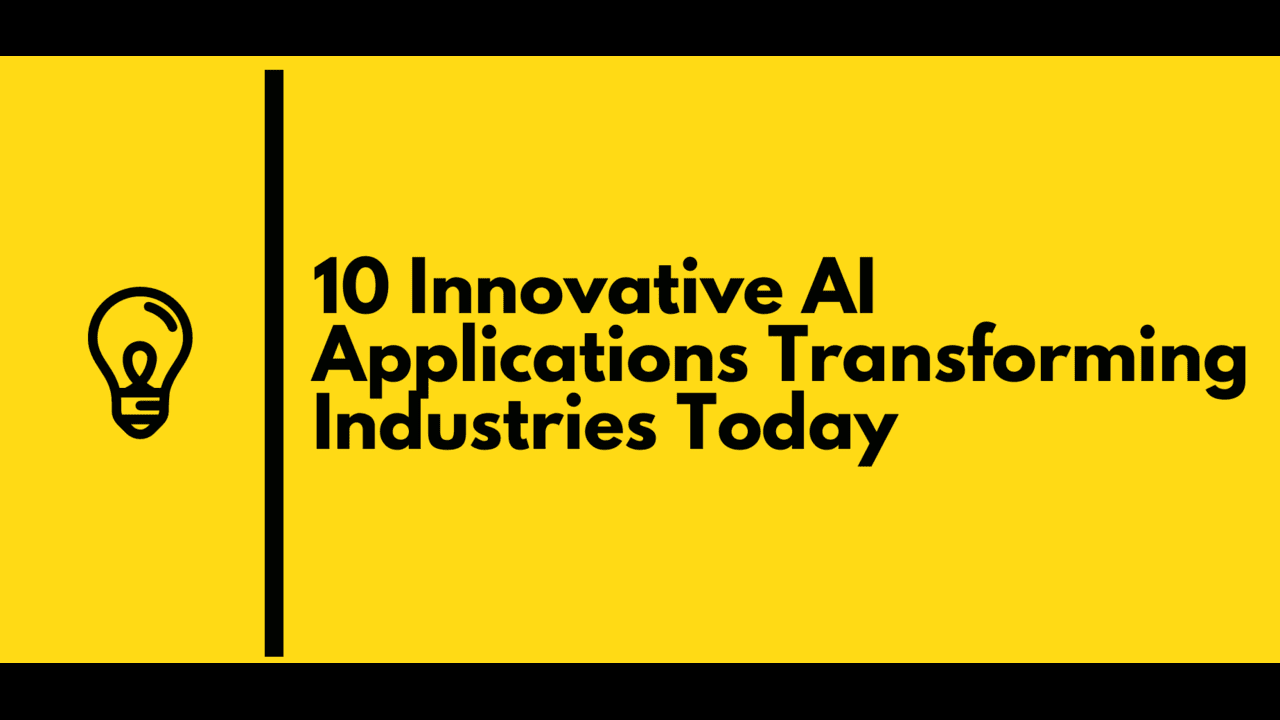In a world where boundaries blur and markets are more interconnected than ever, succeeding on a global scale is both a challenge and an opportunity. Globalization has created a highly interconnected world where businesses can operate across borders with unprecedented ease. With all the challenges that come with globalization, success in global markets is now redefined.
How? With AI. AI serves as a critical tool in navigating the complexities of globalization by providing innovative solutions. It has been and continues to be the driving force behind strategies that make businesses agile, innovative, and scalable.
Let’s embark on a journey to uncover how AI can be your compass to navigate and conquer global markets.
The Global Landscape: A Maze or an Opportunity?

Imagine a mid-sized business that has been successful in its local market and is now ready to expand globally. The international market seems full of promise, offering larger customer bases, exciting opportunities, and the potential for significant growth.
However, this opportunity comes with challenges. Businesses must handle cultural differences, adapt to local regulations, manage complex supply chains, and deal with fluctuating economies. Without proper preparation, these obstacles can quickly make the expansion process overwhelming.
This is where AI steps in, not as a tool but as a strategic ally. With its power to process vast amounts of data, understand nuances, and predict outcomes, AI becomes the key to transforming complexities into opportunities.
Zara’s Journey to Global Domination
Let’s take the example of Zara, the global fashion giant. Zara’s success isn’t just about stylish clothes—it’s about delivering the right product at the right time in the right market. It was COVID when Zara shut down over 1200 stores globally and one can only imagine its impact on sales. But as soon as covid period came to an end, Due to their increased digital interaction and supply chain modifications to accommodate extra shipments over in-store inventory, Zara reported a 74% increase in online sales that year. They even modified their collections to accommodate “quarantine trends,” which included home slippers, sweaters, and broad pants.
By strategically incorporating AI into its operations, especially in trend forecasting and inventory management, Zara has achieved notable global success. They even localize product offerings based on customer preferences in specific regions. This has enabled them to quickly adapt to shifting fashion trends by creating, manufacturing, and distributing new products in a short amount of time. This is called the “ZARA MODEL”.

Here’s how they do it:
- Trend Forecasting: Zara uses AI to scan social media platforms, fashion blogs, and competitor catalogs. Analyzing patterns, the AI predicts what styles will dominate in different markets. To forecast consumer behavior using structured predictive factors such as size, color, fit, and style, the company partners with Jetlore. Zara is also able to maximize inventory and transportation through the use of RFID tags and advanced logistics technologies.
- Inventory Management: Using AI-driven analytics, Zara ensures stores in New York carry trendy winter coats while its Dubai stores stock breezy summer dresses—no wasted stock.
- Personalization: Zara’s AI systems adapt their online interfaces to different markets, showcasing products that resonate with local tastes.
Zara’s success shows how AI can transform data into actionable insights, enabling businesses to adapt swiftly to market needs. This customer-centric, data-driven approach is a blueprint for success in global markets.
Let’s see how you can adapt this blueprint to success in global markets in the next section!
How you can Achieve Success in Global Markets with AI:
Step 1: Decode Global Markets with AI
How do you know what customers want in Tokyo versus Toronto? AI-powered market research tools.
For instance, a brand entering Japan might discover through AI analytics that eco-friendly products dominate consumer priorities, while in North America, convenience takes precedence. This insight empowers brands to adapt products and campaigns accordingly.
AI tools like SEMrush and MarketMuse help analyze market trends, consumer behavior, and competitor activities. These platforms process data from multiple sources—search queries, social media chatter, and buying habits—to offer actionable insights.
Step 2: Localized Marketing Strategies by Speaking the Language of the People
Expanding globally means going beyond translation. It’s about localization—adapting your message to align with cultural values, idioms, and humor.
Imagine launching an ad campaign in France. A direct English-to-French translation might miss the emotional undertone, causing it to fall flat. AI tools like DeepL and Jasper AI craft content that resonates, ensuring your brand’s voice feels familiar and trusted in every market.
Take Coca-Cola, for instance. The brand uses AI to localize campaigns for festivals like Chinese New Year or Diwali in India. By understanding local traditions and sentiments through AI-driven sentiment analysis, Coca-Cola strikes a chord with diverse audiences.
There’s engagement through campaigns. Take for instance the “Find Your Inner Santa” campaign, which encourages users to participate in a quiz and share their results on social media to foster interaction and brand visibility.
Step 3: Streamline Supply Chains with AI
Managing a global supply chain is like juggling flaming torches—one wrong move can burn your margins.
Consider Amazon, whose AI-powered supply chain allows it to deliver goods across continents in record time. By forecasting demand, Amazon ensures that high-demand products are always stocked close to the consumer, reducing delivery times and boosting customer satisfaction.
AI-based supply chain tools such as Blue Yonder and ClearMetal.
These platforms optimize every aspect of logistics:
- Predict demand spikes in specific regions.
- Reduce lead times by suggesting the fastest, most cost-effective routes.
- Monitor and mitigate risks like shipping delays or supply disruptions.
Step 4: Redefine Customer Experiences with AI
Global markets mean diverse customers with unique expectations. AI makes personalization at scale possible, ensuring every customer feels valued.
Imagine visiting an online store and finding product suggestions tailored not just to your taste but also to your region’s cultural preferences.
For instance, Airbnb uses AI to create hyper-personalized experiences. Whether a traveler is booking a stay in Bali or Barcelona, the platform offers tailored recommendations for accommodations, local activities, and restaurants based on the traveler’s past preferences and local trends.
AI tools like Dynamic Yield make this possible by analyzing user data and predicting preferences.
Even customer support becomes seamless with AI chatbots like Zendesk AI. It Handles queries in multiple languages, operates 24/7, ensuring customer satisfaction across time zones, and Provides consistent, accurate answers, boosting trust and loyalty.
Step 5: Innovate Products with AI
Success in global markets isn’t just about selling—it’s about innovating. AI accelerates product development by identifying gaps and opportunities.
Take the example of Tesla. Its AI systems analyze driver data from around the globe, continuously improving its autopilot and EV technologies to meet diverse regulatory and consumer needs. In regions with stricter emissions standards, Tesla uses AI insights to highlight its eco-friendly features, while focusing on tech-savvy markets with its cutting-edge software.
You can use Platforms like PatSnap as:
- It Discovers unmet needs by analyzing customer feedback.
- It provides Prototypes and tests products rapidly.
- Align innovations with local requirements for a personalized touch.
Step 6: Scale with Automation
Scaling globally can overwhelm operational bandwidth. Implementing the same operations in over 200 countries is a huge task. But thanks to AI, this can be handled swiftly.
A great example is Netflix, which uses AI for automated content recommendations, ensuring a seamless viewer experience worldwide. Automation doesn’t just save time—it ensures consistency. Whether it’s lead nurturing, invoice generation, or HR processes, automation frees teams to focus on strategic decisions.
Automate repetitive tasks with tools like UiPath and Salesforce Einstein.
The Road Ahead: Your AI Journey Awaits
The possibilities of AI in global markets are endless. However, it’s not about implementing every tool—it’s about aligning AI strategies with your business goals. Like Zara, Coca-Cola, or Tesla, you can harness AI to not only expand globally but also create lasting value for your customers.
So, what’s stopping you? The global market is vast, but with AI as your compass, success is no longer a question of if but when.
- Gist of the list:
- Use AI for data-driven market insights and trend analysis.
- Localize marketing efforts with AI-powered translation and personalization tools.
- Optimize global supply chains to boost efficiency and cut costs.
- Deliver tailored customer experiences through AI-driven solutions.
- Innovate faster by identifying gaps and testing products with AI.
- Safeguard your global operations using AI for risk management and compliance.
- Scale seamlessly with AI-powered automation tools.









